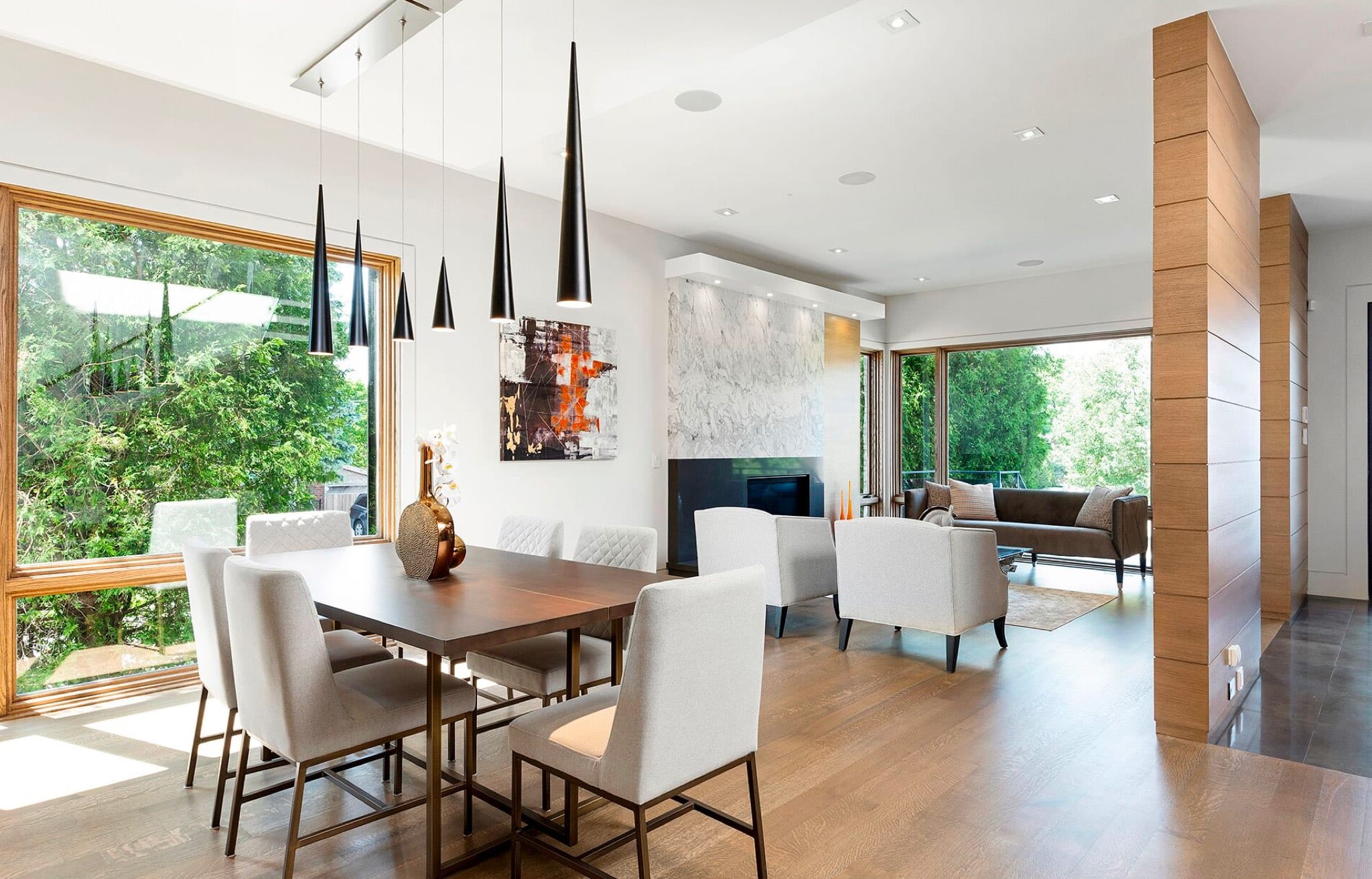
Ontario’s now sweeping rent control won’t be enough to stifle investment in rental apartments, a big North American real estate company suggests, though some experts disagree.
In April, the Ontario Liberal government put forward its Fair Housing Plan, including a bid to apply rent control to all private rental units in the province instead of just those built prior to 1991, which was the case at the time. Critics, among them some prominent developers and economists, argue the move is resulting in fewer new apartments being constructed and coming on the market, creating an even tighter rental segment.
That has not stopped Morguard, a real estate investment trust that owns and manages $21.2 billion in assets, from recently forecasting a “bright” near-term future for the Toronto economy in general and the purpose-built rental market as well. Morguard even anticipates rent control expansion will encourage more apartment construction for a time. “Rental units have become more attractive from a price standpoint. For this reason, a sharp increase in new construction is expected over the near term.”
The high cost of home ownership in Toronto—last year, the average price of a Toronto area home was $822,681, according to the Toronto Real Estate Board—was one of the factors supporting Morguard’s outlook, which it presented in its 2018 Economic Outlook and Market Fundamentals report this month. “Previously high prices in the ownership market and migration patterns will continue to drive rental demand,” reads the report. “At the same time, renters will likely hold off on transitioning to ownership given rising interest rates and the relatively low cost of renting.”
It appears Morguard is not the only REIT banking on the rental segment. RioCan, a REIT known for its retail asset portfolio, has sold more than a dozen properties since November as it plans to ramp up multi-family residential investment, the Toronto Star reports. “There’s less demand for retail space but there’s a lot of demand for great residential apartments,” Ed Sonshine, RioCan’s CEO, tells the Star. “So, I said, ‘Well, let’s just rip down all, or part of, our shopping centres and replace it with medium-rise or, depending on the location, even high-rise apartments and then just put retail on the ground floors of those buildings, because there still is retail demand—it’s just very different,” he adds.
While the strategy could make sense in RioCan’s case, a major critic of the provincial policy disagrees with Morguard’s expectation for a boom in rental construction. In an email, CIBC Deputy Chief Economist Benjamin Tal—a vocal critic of the broader rent control since it was announced last year—tells Harvey Kalles Real Estate “the opposite is the case.” He adds it will lead to reduced supply of purpose-built rental units. “It’s already happening as many units that were in the pipelines are now under review,” he says.
Looking at vacancy rates across the country, Diana Petramala, senior researcher for Ryerson University’s Centre for Urban Research and Land Development, says of the policy intervention that “I do think that the evidence points to a reduction in supply, compared to what it would have been without rent control.”
However, she also says new purpose-built rentals may “be a fairly good investment in the short term.” Rent control does not apply to new, never-before-occupied units. Limits on increases only kick in after a unit is occupied for the first time. “You can charge whatever you want on new rentals. So, the going rate for new rentals is rising sharply,” she says in an email.
Photo Credit: Eric E Castro.




